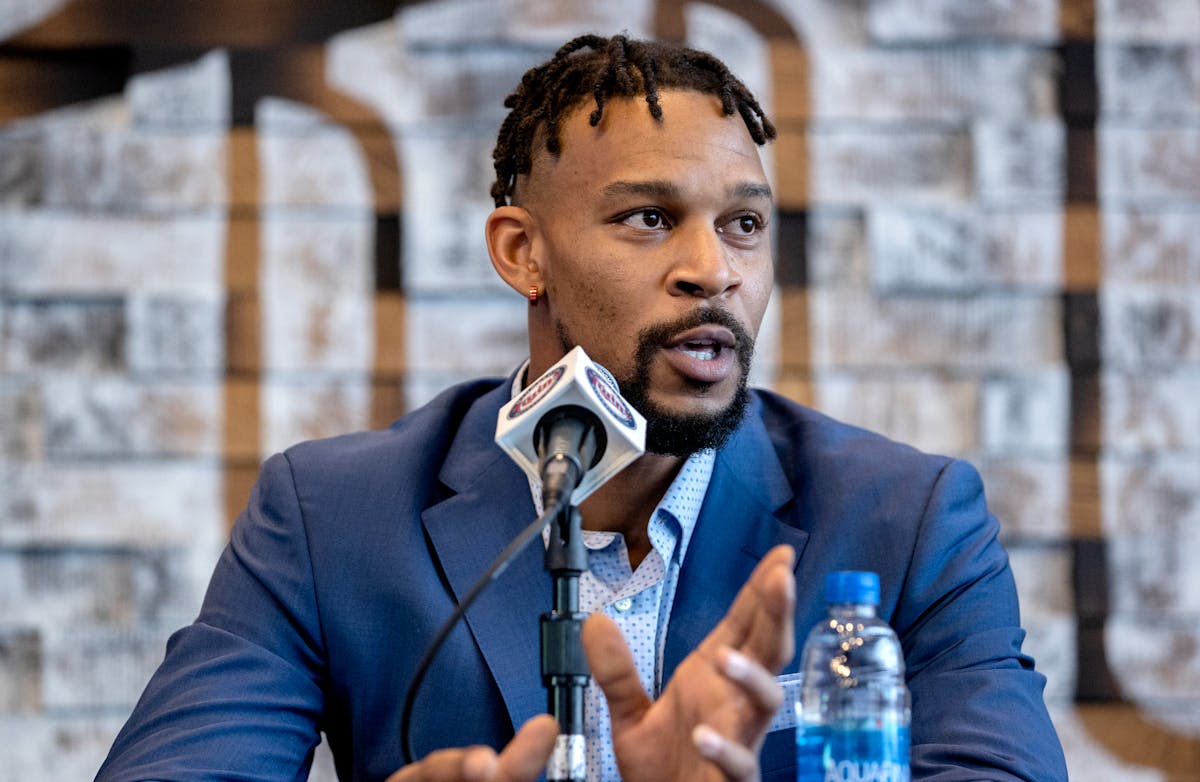The Twins finally leapt into baseball's delirious free-agent market Wednesday — just in time for it to end.
Derek Falvey and Thad Levine spent $105 million on what was the final business-as-usual day around MLB for awhile, bestowing $100 million of it on Byron Buxton, then luring newcomer starting pitcher Dylan Bundy to Minnesota.
And after that relatively paltry participation in an overheated three-week bidding war that has committed more than $1.5 billion to players around the league? On Thursday, the Twins' front office will rest. Or at least take a break from roster-building.
"We have a whole host of minor league players that we still want to develop," said Falvey, the Twins' president of baseball operations. "We still have plans for some of that programming, and what we're going to do here in the months to come. So we've got plenty on our plate, certainly."
Just not communicating with their players, members of the MLB Players Association, after MLB instituted a lockout at 11 p.m. CST Wednesday as negotiations broke off earlier in the day between owners and the union over a new Collective Bargaining Agreement governing the sport. Can't talk to agents about contracts for those players, either, Falvey said, nor other teams about potential trades, though "I'm sure we'll be given a lot more clear direction around that," Falvey said.
Minor leaguers are not union members, so planned camps, workouts and injury rehab at the Twins' Fort Myers, Fla., complex will be unaffected, he said. And amateur scouting will go on, with showcases in southern states and the Dominican Republic scheduled for potential draftees. The annual winter meetings are scheduled to take place next week in Orlando, too, though those could be canceled.
"There is still a lot of focus on things that we are talking about internally," Falvey said, while negotiators hash out the rules that teams will operate under.
Still, the lack of transactions and proposals will be a big change after so many players tried to come to agreements on contracts before the game goes into hibernation.
"Agents have called a lot more often, and quite frankly, a lot of [trade] conversations with teams have been happening," Falvey said. "It's felt a lot more like trade-deadline time, so to speak."
